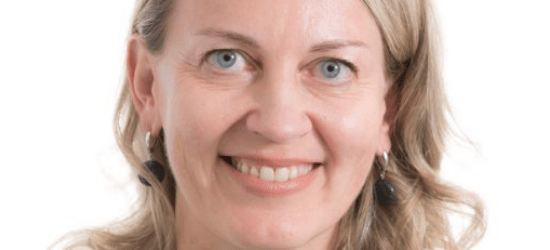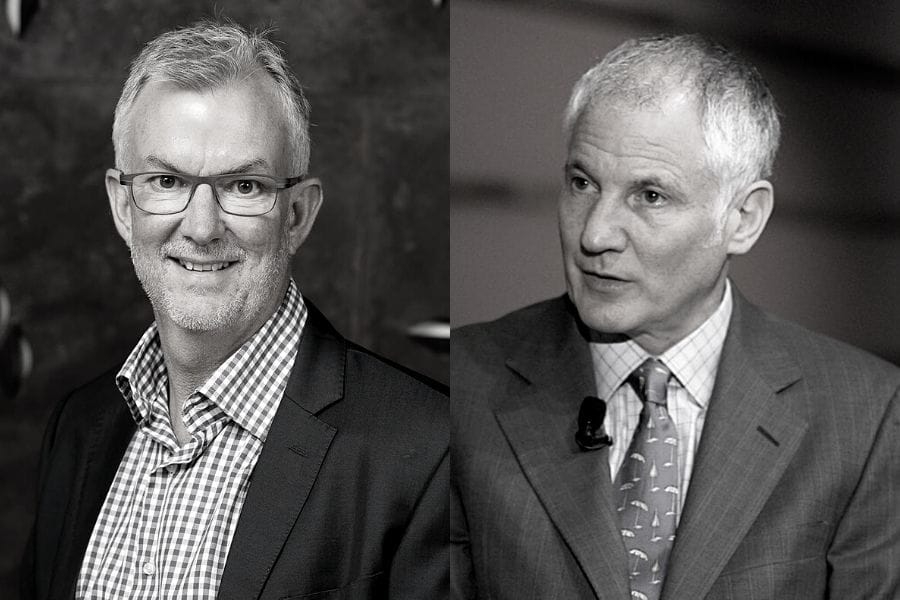The proliferation of grand gestures of sustainability, such as net zero commitments, means manager due diligence is even more important and more intensive, according to global head of research at Willis Towers Watson, Luba Nikulina.
“Sustainability and climate is massive in everyone’s agenda right now,” she says. “But there is an issue of greenwashing. If you think about the net zero commitments, they are statements of intent of something that is changing very quickly and also depends on our ability as a society to innovate and come up with transition plans for carbon intensive businesses and new technologies. Could these statements be characterised as greenwashing? We need to unpack the statements and see what their beliefs are and how that translates into actions.”
The sheer extent of the commitments by players means discerning greenwashing is becoming more complicated, she says.
“Credibility is hugely important. It means an intensity of due diligence, you have to put more resources into unpacking those statements of intent,” she says.
The manager research team at Willis Towers Watson did 30 per cent more manager meetings in 2020 than it usually does in a year which was a silver lining of the lack of travel and a reflection of the ongoing use of technology by managers and consultants in the research process.
Nikulina says not only did her team do around 3000 meetings last year, but the quality of interaction did not drop due to a lack of in-person due diligence.
“The quality of insight didn’t drop, but it morphed into something different,” she says. “Seeing investors in their homes, and how they interact, provides a very different perspective in due diligence meetings.”
While many aspects of manager due diligence were not impacted by remote working, and perhaps even improved, operational due diligence was made more difficult. A practice of touching and looking closely at technology and systems plays a core part of assessing operational due diligence and there was a short period of time where this was not possible at all. But with offices and people on the ground all over the world the consultant was able to deploy local people to do operational assessments, when otherwise that might not have fit their job specifications.
“In the case of new growth opportunities, like the increase in demand for China-focused assets, we had to rely on colleagues on site to do due diligence.”
Willis Towers Watson has a team of 110 people doing research, 90 of which are doing pure manager research, a further 10 are doing macro-economic research and there are also 10 people employed by the Thinking Ahead Group.
The consultant has researchers in seven locations around the world, and in some instances it had to rely on client consultants to do the physical check of assets and be the eyes on the ground.
“Last year emphasised the need for agility for everyone and for us as well. To always be prepared for change is a very important takeaway,” he said.
“Diversity and inclusion is a litmus test of a manager’s culture.”
Willis Towers Watson recently published a report reflecting on 20 years of manager research and one change that Nikulina believes is evident is that the industry, more than two decades ago, is built on purpose.
“Last year the purpose of the industry came more vividly to the forefront for many more stakeholders. From a research perspective we think about how do you distil this purpose,” she says.
Even a decade ago the job of a manager researcher was knowing the universe of 100,000+ managers, and ranking them.
“This has changed quite significantly and 2020 emphasised this. You will achieve better outcomes if you built long term relationships and through the period of change you evolve together,” she says. “Then it is easier to get to this purpose.”
Purpose, or why people come to work, is different for different managers.
“It’s interesting to see how different managers relate to the purpose of the industry. 10 years ago it was fine to have a financial purpose as the guiding light. For many firms that is becoming much broader.”
The move to more engagement with managers, rather than pure ranking, is a lesson for asset owners in their selection and relationship with external managers.
“Asset owners can save a bit of governance in not trying to rank the entire universe, and develop more fruitful relationships and increase their chances of success if they select the partners they can work with in developing mandates and ensuring their firms evolve in line with their needs,” she says.
In its manager research process Willis Towers Watson emphasises qualitative or soft factors considerably, including culture.
“Everything quant becomes technologic, it’s about how we process data effectively and get more data, but as researchers we spend less time on it, it’s an input,” she says. “Now people are spending time on how to evaluate the qualitative factors, how to judge culture, get through marketing screens, and what their beliefs are and how they lead their firms.”
In 2020 culture was put to the test, says Nikulina, as people moved to working online. “Managers with a strong culture thrived and we could see that from different angles in doing our remote assessments. But those with fragile cultures found it more difficult.”
She says diversity and inclusion is almost a litmus test of the manager’s culture, emphasising the evolution of DEI rather than the evaluation at a point in time.
“It doesn’t lead you to good decision making when your team is homogenous,” she says. As the industry and various teams embrace DEI and move to be more inclusive culture plays an important role.
“There will be fractures along the way as teams become more diverse, a lot may go through a rollercoaster so culture will be important,” she says.
“DEI has to come to the forefront and 2020 re-emphasised this fact that where a manager is dependent on one personality there are so many more risks. If you have a sustainable business around a team, and a diverse and inclusive team, it is so much more sustainable and more likely to succeed. This has jumped up in our priorities quite a bit.”
Nikulina urges managers to keep clients’ needs at the core of their evolution.
“There are so many players and it’s a competitive industry so you would have expected a lot of innovation. But my assessment is we are not doing as great a job as society should expect form our industry,” she says. “We have very standard products, rather than something that is suited to what asset owners actually need and linking it to the long-term needs of society. We are not innovative enough, we need to think more holistically and innovate more.”
For more commentary on this topic you might like the coverage of the session that Luba Nikulina spoke on at the Fiduciary Investors Symposium in May about the increased use of technology in manager due diligence. Click here for more.




